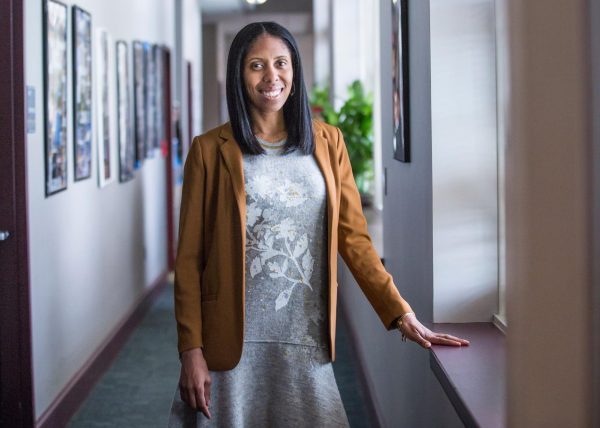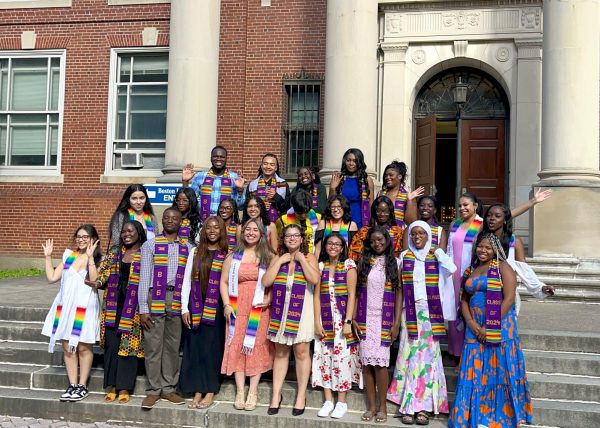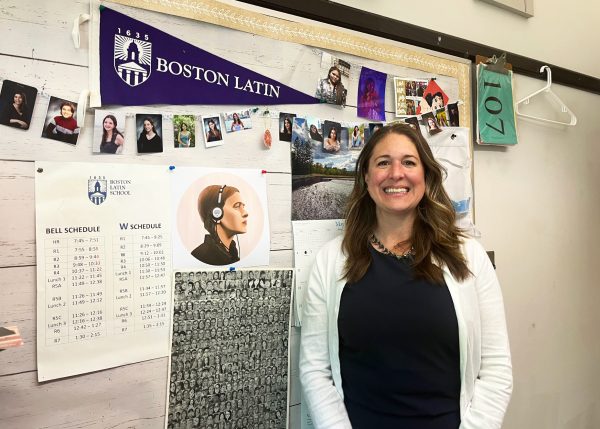City Councilors Call for BPS Metal Detectors
On January 6, four Boston City Councilors proposed to increase the number of police officers and metal detectors in Boston Public Schools.
The city councilors — Frank Baker, Michael Flaherty, Ed Flynn (P ’24) and Erin Murphy — signed a letter to Mayor Michelle Wu and Superintendent Mary Skipper outlining changes to BPS’s safety measures. They proposed the installation of more metal detectors to identify weapons in the school and an increase in police officers to monitor school buildings.
This call for change comes at a time when BPS is struggling to control the rise of violence in schools. According to the city councilors, 440 incidents of bullying and 744 sexual assaults were reported in BPS schools during the 2021-2022 school year.
The councilors believe that “non-invasive technology such as metal detectors, and having police officers present in our schools” are the best methods to address the violence.
Currently, not all BPS schools use metal detectors. According to Superintendent Skipper, a number of schools have recently requested their installation, but those decisions are made on a school-by-school basis.
Boston Latin School currently has no plans to implement metal detectors or increase police presence. If the district were to mandate the use of either measures the councilors have suggested, BLS would be required to comply.
There is debate surrounding whether these measures are the correct course of action. BLS Director of Operations Ms. Jesse Kwan states, “I think some students will feel a sense of security, but some will also feel a threat of anxiety, so there are pros and cons.”
Although safety is a valid concern, some students at BLS believe that metal detectors can be intimidating and inconvenient. Even though they are common in today’s world, students may still feel anxious about having to pass through them every day to enter school. Furthermore, others believe that they needlessly hinder students from performing their daily tasks. Erika Monteiro Tavares (IV) remarks, “[Metal detectors] pose a major distraction and really just start the day off slower.”
She also shares that, while not intended to cause harm, this proposal is not the right move and could result in negative altercations between police and students. Instead, Tavares believes that investigating and addressing the sources of violence may prove to be more effective than simply installing measures in hopes of counteracting it.
This dilemma concerning school safety is not exclusive to Boston. New York City’s school district has now implemented a similar policy to that of BPS, where decisions to install metal detectors are facilitated by schools’ requests. Some New Yorkers have called for an increase in random screenings across all schools, similarly to community organizations in Boston.
These community organizations, like Boston Safety of Our Schools (SOS), advocate not only for stricter security measures to stop the violence, but also for early intervention strategies to prevent that violence from occurring. They also believe that people should emphasize the safety of the communities surrounding schools.
As the founder of Boston SOS, Reverend David Searles concludes, “It’s not just violence in schools; it’s violence all across the city. So we need to look at the community and the school at the same time.”





